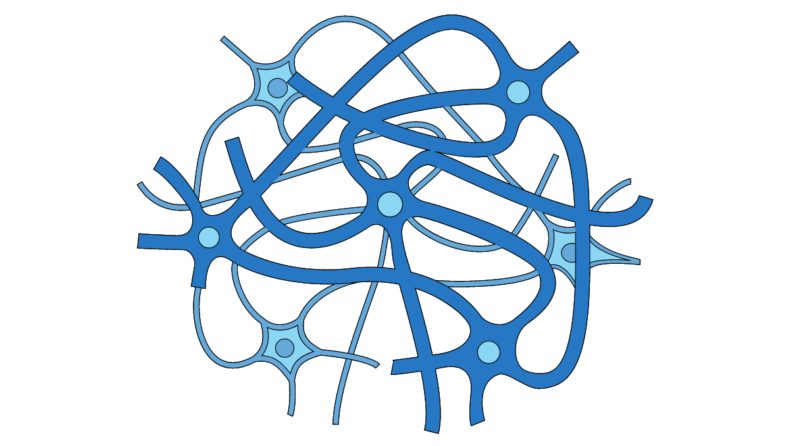Molecular markers of aging in the human brain are linked to severe COVID-19, based on a postmortem examination of 54 healthy and infected people.
Abstract
It has been hypothesized that COVID-19 may result in molecular fingerprints resembling aging since the cognitive decline is a common feature of both aging and coronavirus illness 2019. Individuals with COVID-19, age- and sex-matched uninfected controls, and uninfected patients in intensive care units underwent a whole-transcriptome study of the frontal brain, a crucial region for cognitive function.
Research findings also confirm that COVID-19 is associated with molecular markers of brain aging, highlighting the very fact of neurological follow-up in recovered persons.
Research Findings

According to a public health scientist, Jonathan Lee of Harvard University, “It has been shown that COVID-19 patients’ brain tissue gene expression closely mirrored that of people 71 years of age or older”.
The sample consists of persons in their early 20s to their mid-80s, one asymptomatic person, 22 uninfected coronavirus-free individuals, and 21 people with severe this disease.
According to a research using RNA sequencing techniques, the prefrontal cortex samples of people with severe this disease exhibited enhanced genetic expression patterns linked to aging.
Or in other words, genes associated with the immune system, which are typically elevated in aging, were also upregulated in severe this disease In addition, genes associated with synaptic activity, cognition, and memory that are downregulated in aging were also downregulated in severe COVID-19.
Molecular markers of brain aging
In severe COVID-19, several biochemical processes that alter with normal aging of the brain also vary.
Significant correlations between cellular response to DNA damage, mitochondrial function, control of stress and oxidative stress, vesicular transport, and calcium homeostasis previously linked to aging processes, and brain aging were also found by researchers.
Additionally, they contrasted these findings with those of an uninfected person with Alzheimer’s disease and 9 uninfected people who had previously been hospitalized or been through ventilator treatment. Irrespective of their actual age, the brains of infected people resembled older people in the control group.
Post-covid Pandemic
Scientists have been concerned about potential long-term effects since the new coronavirus SARS-CoV-2 started to infect humans globally. Every year that goes by, health professionals get a little clarity about the potential long-term effects of this pandemic. One of the most problematic results is brain damage.
Brain fog, memory loss, stroke, delirium, or coma are frequently seen in severe COVID-19 cases. Initial brain scans on COVID-19 patients showed alarming indicators of neurological damage and disruption.
Although it is yet unclear how long these alterations could remain or how they compare to individuals with severe COVID-19, further investigations have indicated that even moderate COVID-19 might have an impact on the brain.
According to Neuropathologist Marianna Bugiani from Amsterdam University, “There are several questions that are crucial for understanding the disease and preparing society for the potential effects of the pandemic.”.
She further added that these effects could not become apparent for many more years. And by then, COVID-19 infections will likely be reoccurring, putting the entire world at risk.
And by this time we are pretty sure enough about the old saying Prevention is better than Cure.













